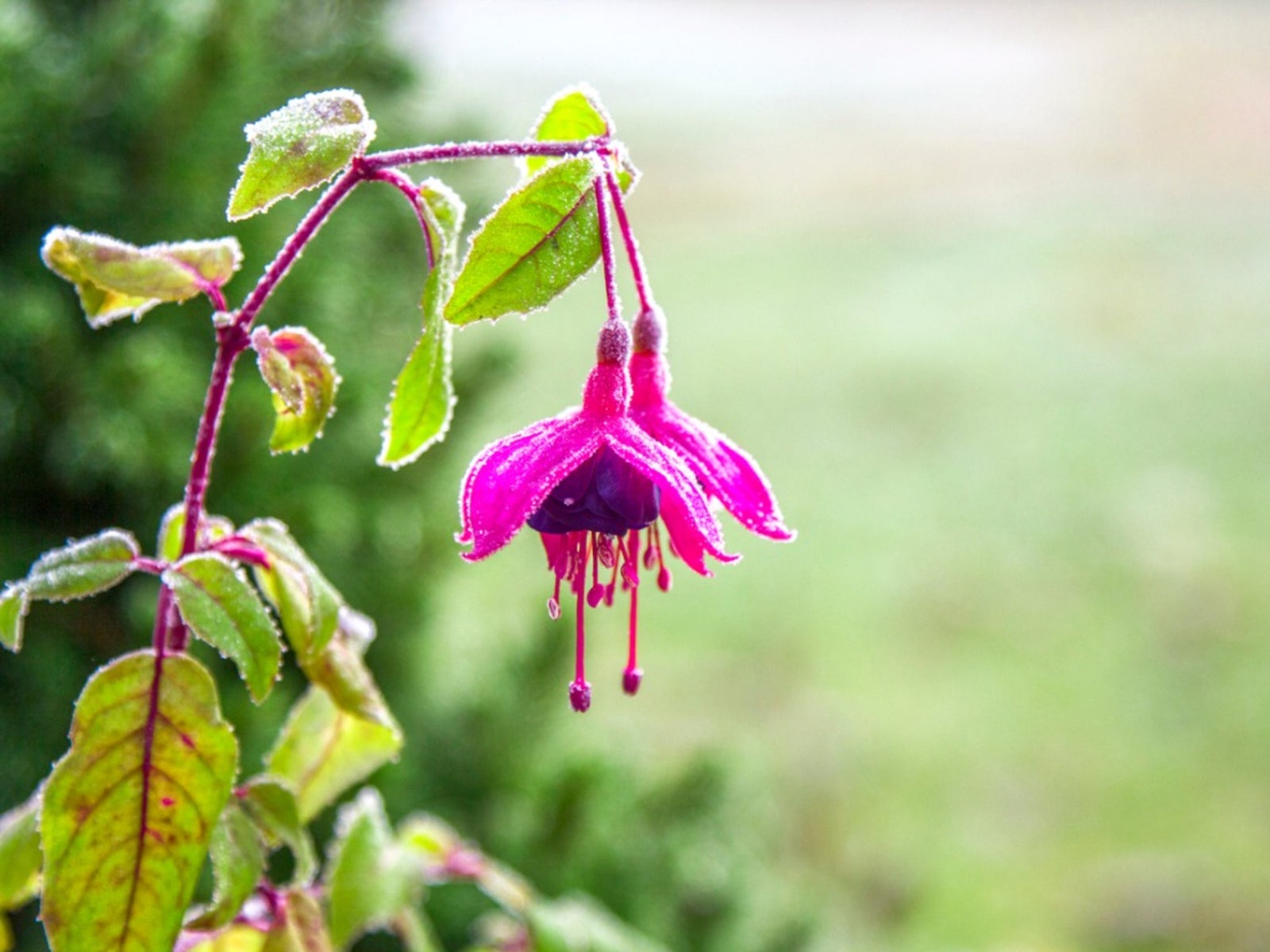Overwinter Fuchsia For Beautiful Blooms Next Year
Fuchsia lovers: Fuchsia overwintering can be done in several ways. Learn how to overwinter this beautiful plant for lovely blooms year after year.

How To Overwinter Fuchsia Plants For Next Year
Fuchsia overwintering methods are not always clear but the process is fairly simple. Fuchsia plants are an attractive and delicate addition to ornamental beds, containers, and hanging baskets. Producing a profusion of blooms throughout the season, gardeners and hummingbirds alike enjoy their graceful beauty.
If you are new to growing the fuchsia plant you may want to understand its needs, including caring for it over the winter. We’ll address some questions about how to overwinter fuchsia plants.
Does Fuchsia Come Back Every Year?
It’s a good idea to determine which type of fuchsia you have so you know how to treat it through the colder months.
Hardy Fuchsias
Hardy fuchsias refer to those that can tolerate some degree of cold. Though hardiness varies from type to type, you need to understand how your particular plants will be affected by cooler weather. Though most hardy types are able to return season after season, many do require additional care in preparation for winter, such as pruning or mulching.
Tender Fuchsias
Tender or tropical types of fuchsia are the most popular. A frost-free climate is necessary for these plants to successfully overwinter outdoors. When it comes to tender fuchsia, overwintering indoors is required when you’re growing them outside of the plant’s hardiness range. Fortunately, many tropical varieties are well suited to growth in pots and containers, letting you enjoy the plant’s color and charm on a seasonal basis.
Gardening tips, videos, info and more delivered right to your inbox!
Sign up for the Gardening Know How newsletter today and receive a free copy of our e-book "How to Grow Delicious Tomatoes".
How to Overwinter Fuchsias
Bringing Potted Fuchsia Indoors
To overwinter fuchsia indoors you have a few options. While it may be somewhat difficult, tender fuchsia can be grown indoors through winter as a houseplant. You should get your plant acclimated beginning in late summer, before the first fall frost.
Dormant fuchsia plants can also be overwintered indoors. Dormancy occurs naturally when the plant is gradually exposed to cooler outdoor temperatures in fall, or after it has been moved to a more sheltered location. Dormant plants should be pruned back and stored in a cool, dark location that’s free of frost. Unheated porches, patios, and garages are often ideal, ranging in temperatures from approximately 40-55 F (4-12 C.)
Keeping Fuchsia Cuttings Over Winter
It’s easy to root stem cuttings to overwinter fuchsia plants. Take softwood cuttings any time throughout the summer by removing a small stem of new growth. Place the cuttings into a moist growing medium. Using rooting hormones and humidity domes may help to speed the rooting process. When they’re provided with ample indirect light, established cuttings can be kept through the entire winter, needing only a little water or attention.
How to Revive Fuchsia Next Year
With the arrival of warmer weather, you can begin moving dormant fuchsia plants outdoors. Do this only after all chances of frost have passed in the spring. Plants that have overwintered indoors benefit greatly from a brief hardening-off period, gradually introducing them to their new growing environment. Within a week, dormant fuchsia plants will have become accustomed to outdoor temperatures and increased amounts of sunlight. New growth should appear quickly, welcoming yet another growing season.

Heather Rhoades founded Gardening Know How in 2007. She holds degrees from Cleveland State University and Northern Kentucky University. She is an avid gardener with a passion for community, and is a recipient of the Master Gardeners of Ohio Lifetime Achievement Award.
-
 Looking For Plants To Give You The Soft And Fuzzies? Try These 5 Fuzzy Leaf Plant Options
Looking For Plants To Give You The Soft And Fuzzies? Try These 5 Fuzzy Leaf Plant OptionsLovers of texture, drama, silver foliage and tactile plants will adore these special sensory garden additions. These fuzzy leaf plant options will leave you all aglow
By Susan Albert
-
 Get Ready For A Summer Of Hummers! Grow These Full Sun Hummingbird Plants and Flowers
Get Ready For A Summer Of Hummers! Grow These Full Sun Hummingbird Plants and FlowersIf you’re lucky enough to enjoy a sunny backyard, make sure you are maxing out on your pollinator opportunities and grow these full sun hummingbird plants and flowers
By Tonya Barnett
